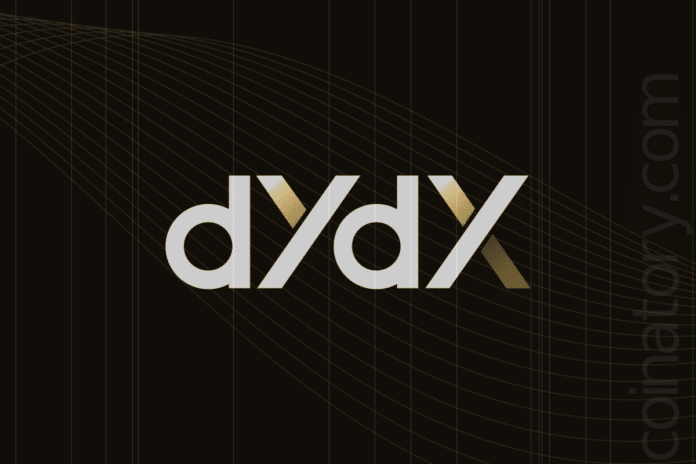In an interview at the Ethereum Community Conference in Paris, Charles d’Haussy, the CEO of the dYdX Foundation, expressed his perspective on centralized exchanges in relation to dYdX. He emphasized that he doesn’t view centralized exchanges as competitors for dYdX.
The dYdX Foundation, an independent decentralized finance (DeFi) nonprofit established to support the dYdX protocol, recently introduced a public testnet for their latest version, v4. This launch has put dYdX ahead of schedule for the forthcoming release of the v4 mainnet, marking a significant step towards complete decentralization for dYdX. This move is in line with the foundation’s roadmap towards decentralization, which consists of five milestones, and the testnet launch on July 5 was the fourth of these milestones.
Currently, dYdX operates with partial centralization. Although it does not hold custody of user assets, it relies on a centralized order book and matching system. However, the new version (v4) aims to address this concern and achieve full decentralization once it is fully implemented.
dYdX is presently the world’s largest decentralized exchange for perpetuals, which are bonds without a maturity date, and it handles over $1 billion in daily funds.
Regarding the relationship between dYdX and centralized providers of perpetuals, Charles d’Haussy made it clear that he does not consider them competitors. He acknowledged that centralized entities like BitMex played a significant role in supporting the market early on and even invented perpetuals. He described the current state of the industry as transitional, moving towards “decentralized disruption.”
Charles d’Haussy believes that there is room for both centralized and decentralized exchanges to coexist, and he sees potential for collaboration that can benefit crypto customers. He envisions a future where centralized exchanges could act as gateways to decentralized exchanges, offering their customers a smooth integration and connection to DeFi services. He compared this scenario to traditional financial banking institutions that start with a core business and then offer additional relevant services, ultimately providing customers with a more comprehensive experience.
Overall, Charles d’Haussy views this dynamic as positive for the crypto ecosystem as it allows people to adopt crypto services in ways that work best for them. People have different preferences in how they want to consume financial services, and if a centralized entity can provide access to DeFi while maintaining customer comfort and security through KYC and risk profiles, it can be beneficial for users.


 Read us in Google News
Read us in Google News



